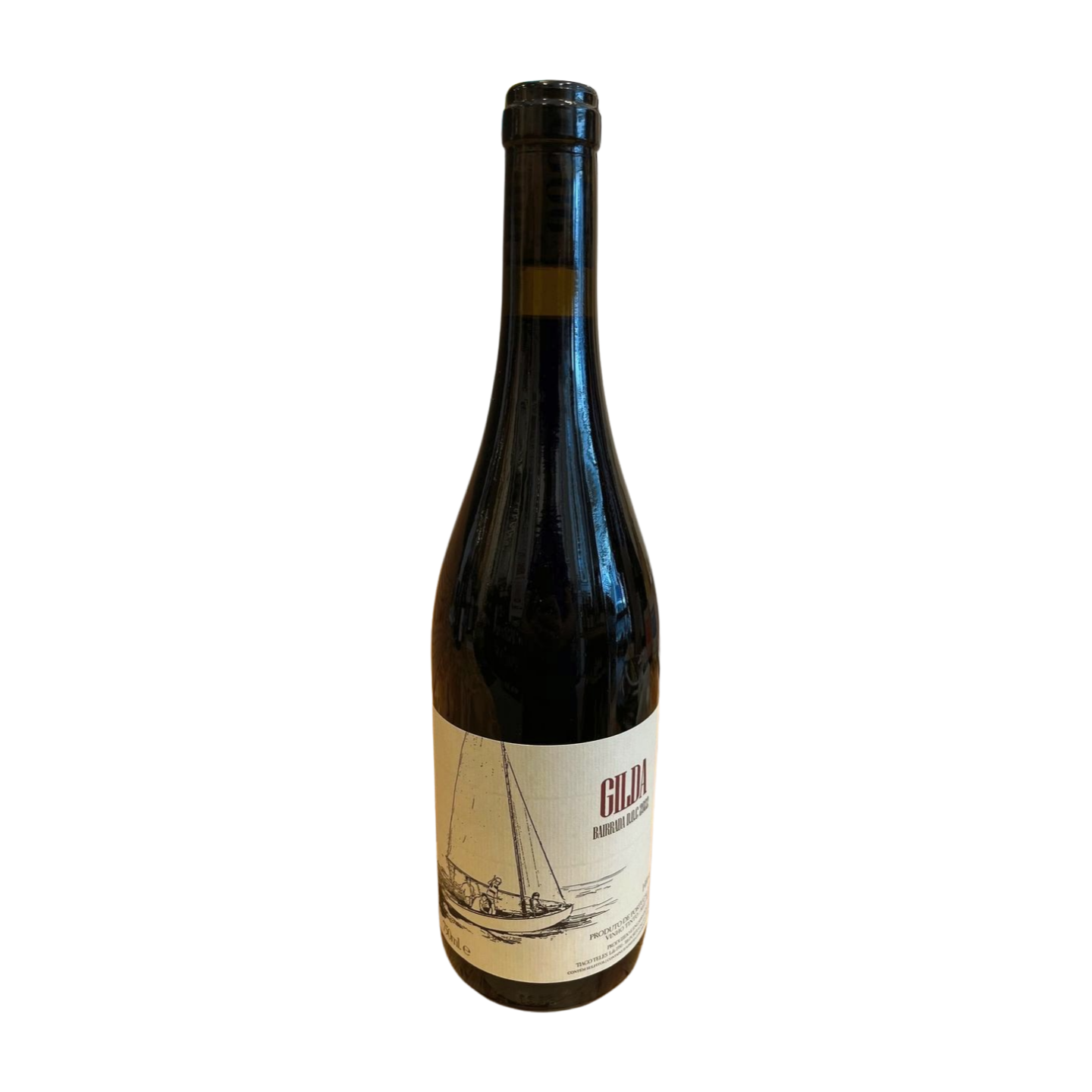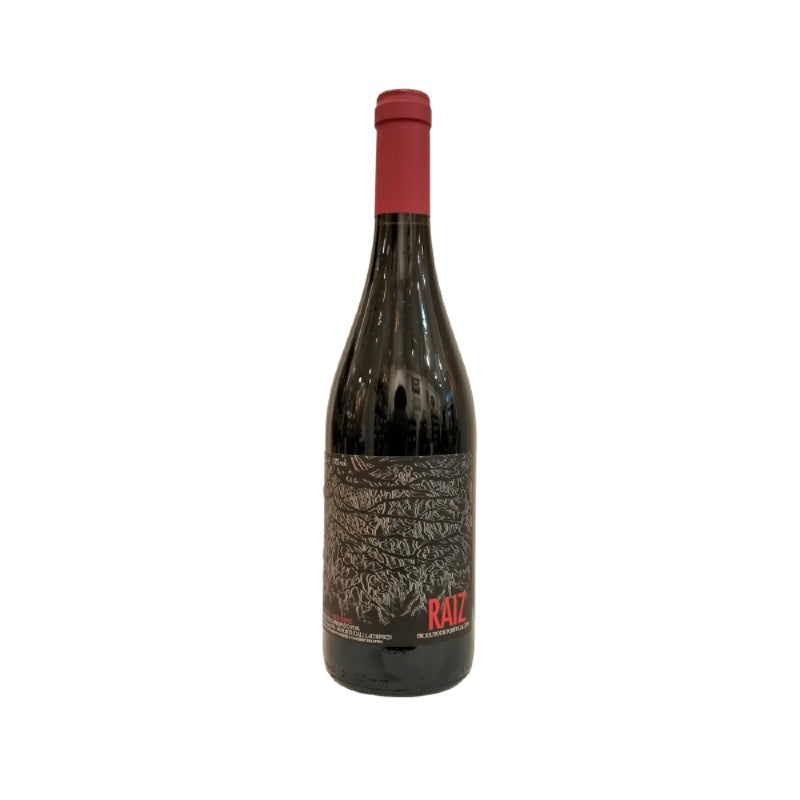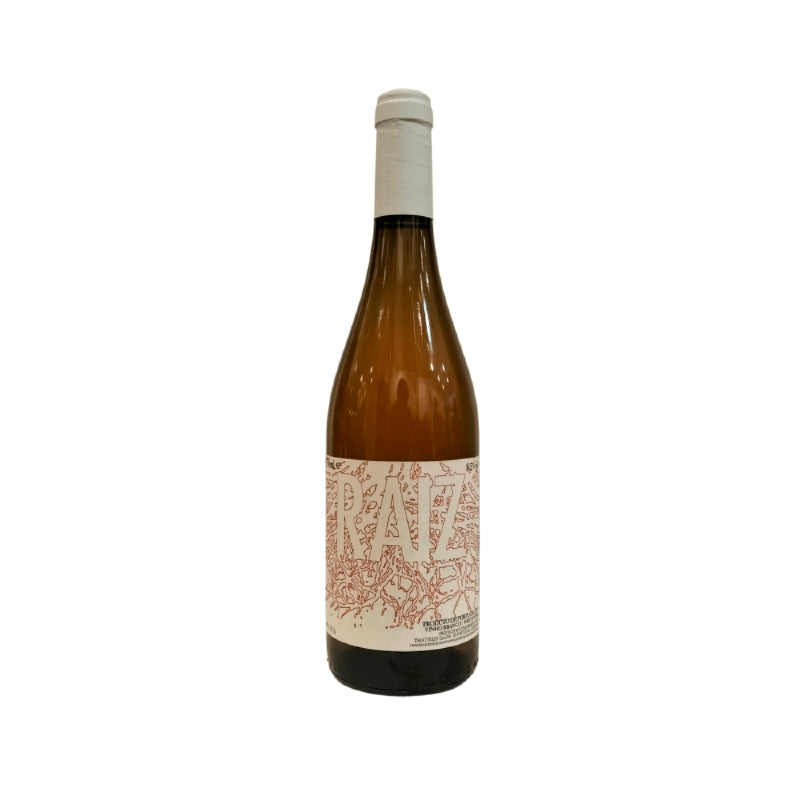Tiago Teles
Tiago Teles is a notable wine producer from Portugal, recognized for his low-intervention approach to winemaking. Although he did not come from a traditional winemaking family, Teles developed a passion for wine through extensive tasting experiences across various terroirs. His journey into winemaking began after a career in telecommunications engineering, during which he balanced his professional duties with a growing interest in wine, often engaging in wine tasting and writing about his experiences.
Teles eventually returned to his roots in the Bairrada region, a decision that marked the beginning of his venture into winemaking. His winery is situated in S. Mateus, a municipality that lies between Lisbon and the Atlantic Ocean. This location provides a unique terroir that influences the character of his wines. The winery produces wines in several Portuguese regions, including Bairrada, Lisboa, and Vinho Verde, showcasing a diverse range of flavors and styles.
One of the defining characteristics of Tiago Teles' winemaking philosophy is his commitment to low-intervention practices. This approach emphasizes minimal interference in the winemaking process, allowing the natural qualities of the grapes and the terroir to shine through in the final product. Such practices are often associated with sustainable and environmentally friendly winemaking, as they typically involve fewer chemical inputs and a focus on preserving the natural ecosystem of the vineyard.
Tiago Teles' wines, such as the authentic and story-rich Gilda, are designed to be enjoyed in good company, reflecting his dedication to creating wines that not only tell a story but also foster connections among people. Through his work, Teles has established himself as a prominent figure in the Portuguese wine industry, celebrated for his innovative approach and dedication to quality and authenticity.
Filters
Portuguese wine
Frequently asked questions
The entire country of Portugal is divided into 14 different wine regions, including in the Azores and Madeira islands. Some of Portugal's most famous winemaking regions include the Douro Valley (known for Port) and Vinho Verde (known for its light, refreshing white wines).
Portugal is becoming more well known for its orange wines, talha wines (traditionally made in clay pots), and palhete (made by blending red and white grapes together).
Portugal is best known for its fortified wine, called Port wine. It is produced in the Douro Valley, which is a UNESCO World Heritage Site and recognized as the world's first demarcated wine region, established in 1756.
Vinho Verde in northern Portugal is another popular winemaking region characterized by rolling hills and lush landscapes. It's known around the world for low-alcohol, refreshing white wines, although the region traditionally focused more on red wines made with the fruit-forward vinhão grape.
The Portuguese island of Madeira, with its subtropical climate, is renowned for its fortified wines. Winemaking here dates back to the 15th century, when Portuguese
explorers brought grape varieties from around the world.
Our sustainable, natural wine shop is located in the Marquês neighborhood in Porto, Portugal. We also ship to countries around the world, including within Europe, the United States, Canada, Australia, China, and more. Review our Shipping Policy to learn more.
In recent years, there has been a notable shift toward sustainable viticulture and the production of natural wine in Portugal. Many winemakers are implementing organic farming practices and embracing biodiversity to maintain soil health and reduce chemical inputs. This commitment to sustainability is not only beneficial for the environment but also enhances the quality of the wines, allowing the unique characteristics of the terroir to shine through. For example, some winemakers are now utilizing ancient terracotta amphorae for fermentation (called talha in Portuguese). This method preserves regional cultural heritage, enhances the wine's character, and aligns with sustainable practices by reducing reliance on modern materials.



